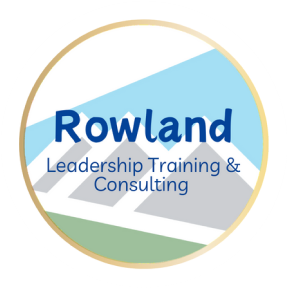Summary:
Starting a coaching business after certification is more than helping others—it’s learning to lead with authenticity, building trust, and embracing the business side of coaching. This article explores the early challenges, the pressure to sell, and the importance of staying grounded, faithful, and true to your purpose.
You’ve completed your training. You’ve earned your certifications. You’re passionate about helping others and ready to step into the next chapter of your professional life. But as many new coaches quickly discover, starting a coaching business involves much more than coaching—it requires building and running an actual business.
This reality can be both eye-opening and overwhelming.
When I transitioned from my counseling practice into coaching, I knew I still wanted to help people. Coaching aligned with how God designed me—to walk with others, to lead, and to inspire. But I also realized that coaching wasn’t just about transformation—it involved operations, strategy, visibility, and yes, sales.
My friend Jason VanRuler, a gifted therapist, coach, and speaker, puts it simply: “It may feel salesy—because it is.”
Part of owning a coaching business involves helping others understand the value you bring. That’s selling. Whether it feels pushy or natural depends on how you show up. And most of us have been in situations where a sales pitch felt so intense we were just looking for an exit. That’s exactly what we want to avoid.
I learned this the hard way.
After closing my counseling practice, I was eager to launch my coaching business—but I also needed to generate income. The pressure to “make it work” showed up in my conversations. I didn’t realize it at the time, but I was trying too hard. I was leading with urgency rather than connection.
I remember one particular morning before a local networking breakfast. I was anxious, uncertain, and honestly a bit desperate. I paused and prayed, “God, please help me just be myself today.” That morning, I made a conscious decision to stop pushing and start being present. I didn’t walk in with a pitch. I didn’t try to close a deal. I simply focused on the people in front of me.
I didn’t leave that event with any new clients—and while that would’ve been a satisfying way to end the story, what I gained was something more meaningful: peace. I had shown up as myself. Authentic. Grounded. Not desperate. And that was the beginning of a mindset shift.
People are drawn to coaches who are consistent, genuine, and value-driven—not those who appear overly eager to make a sale. When you focus on meaningful conversation, contribute to your community, and build trust, business begins to grow organically. And more importantly, you feel good about how you’re growing it.
There’s also a deeper element of trust involved in this process—especially if you’re a person of faith. In my journey, I’ve sensed God reminding me: “Didn’t I call you to this place? So won’t I also be the one to provide?” If only I walked in that faith every day. But I suppose if I had, I wouldn’t have this story to share.
